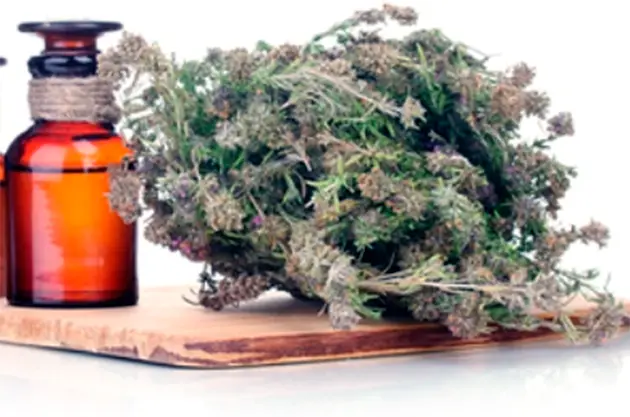It seems that nearly every other patient who visits a doctor requests to avoid “chemotherapy” and instead seeks advice on herbal remedies. And it’s a good thing if they actually heed their doctor’s advice! Many people self-medicate with herbs based on anecdotal evidence—if it worked for my neighbor, it should work for me too. Commonly sought-after herbs like chamomile, calendula, birch buds, and cranberry leaves are frequently requested at pharmacies, often bought in bulk. Moreover, many individuals gather these herbs themselves, sometimes clumsily, without following proper collection guidelines. There’s a widespread belief that herbs are completely harmless. Even if they don’t help, they won’t cause any harm. What they don’t realize is that medicinal plants exert their healing effects through the same chemical compounds found in pharmaceutical drugs. Interestingly, many medications are actually plant-based—such as papaverine, allochol, thermopsis, and others.
Herbal remedies are most commonly used for kidney diseases. Decoctions and infusions of cranberry, juniper, field horsetail, and bearberry are often prescribed for patients with pyelonephritis—when used correctly, they can provide undeniable benefits. However, no doctor will wait for the slow-acting herbal decoctions and infusions to take effect in an acute situation. If there is an inflammatory process in the kidneys, antibiotics or chemotherapeutic agents are urgently needed. Once the process is under control, the doctor may then incorporate herbs to help consolidate the results, all while monitoring the patient’s condition.
Medicinal plants are far from benign for the body. For instance, herbal teas or cranberry leaves, which have a diuretic effect, can alter the water and mineral balance in the body, particularly by depleting potassium, which is essential for heart muscle function. A doctor monitoring a patient will certainly check blood composition through biochemical analyses to ensure that potassium levels are not dangerously low. If necessary, they will prescribe the appropriate medications.
The same caution applies to treating gastrointestinal diseases. For example, different herbs are indicated for gastritis with low acidity compared to those for high acidity. Ignoring these distinctions can lead to severe exacerbations from what might seem like a “harmless” herb.
Not all herbal choleretics (like corn silk, immortelle, etc.) can be used indiscriminately for liver and gallbladder diseases. The phases and nature of the illness must be taken into account.
There are known cases where the common valerian root can produce not its traditional calming effect, but rather feelings of fear and intense agitation.
When it comes to herbal treatment, as with any form of treatment, there are no trivial matters. It’s crucial to skillfully select the correct dosage of the herb and prepare the remedies properly. For instance, if you make a decoction from bearberry (also known as “medvyezhi ushki”) instead of an infusion, it’s hard to say whether you might be causing yourself harm. A decoction of bearberry contains many tannins that can irritate the stomach. Additionally, if you drink the infusion with regular water instead of alkaline mineral water (like Borjomi), the herb may not have the desired effect.
In short, herbal treatment, like any form of self-medication, can do more harm than good if not approached with caution.

